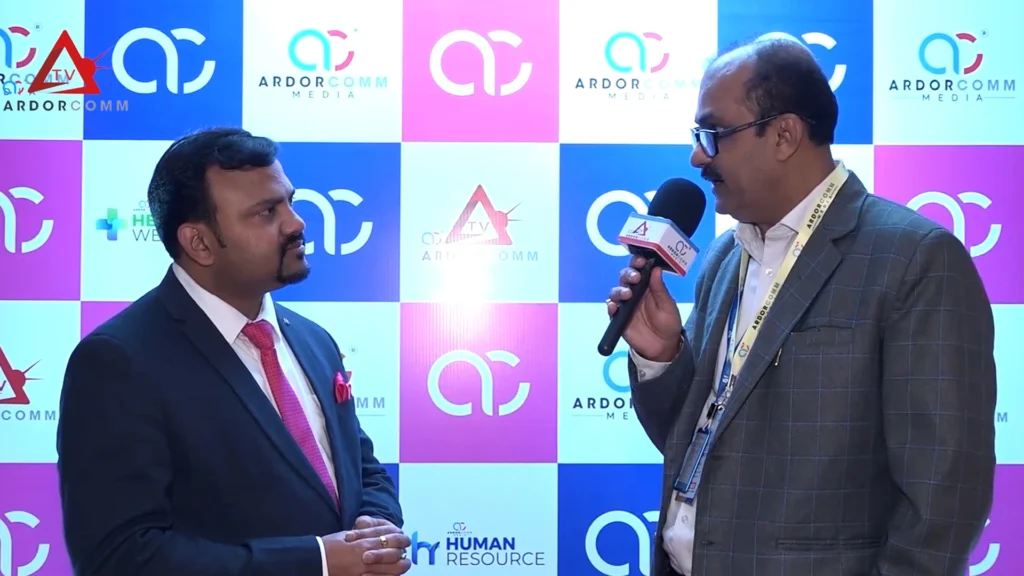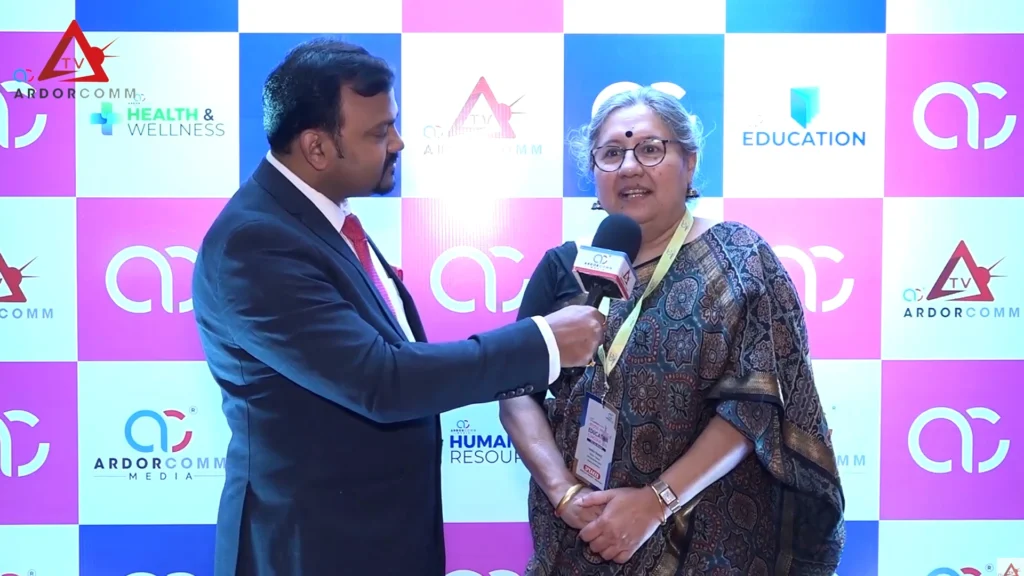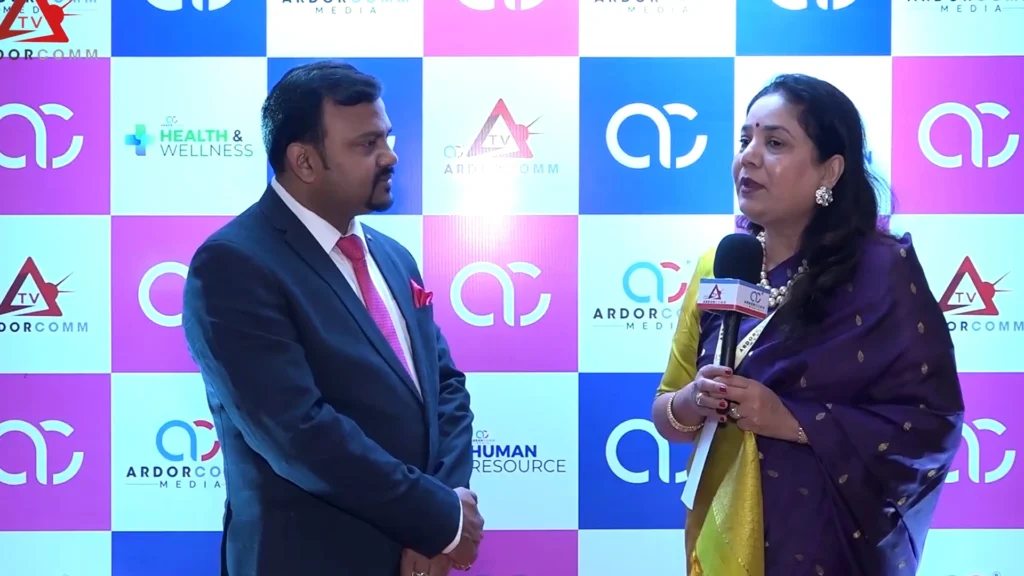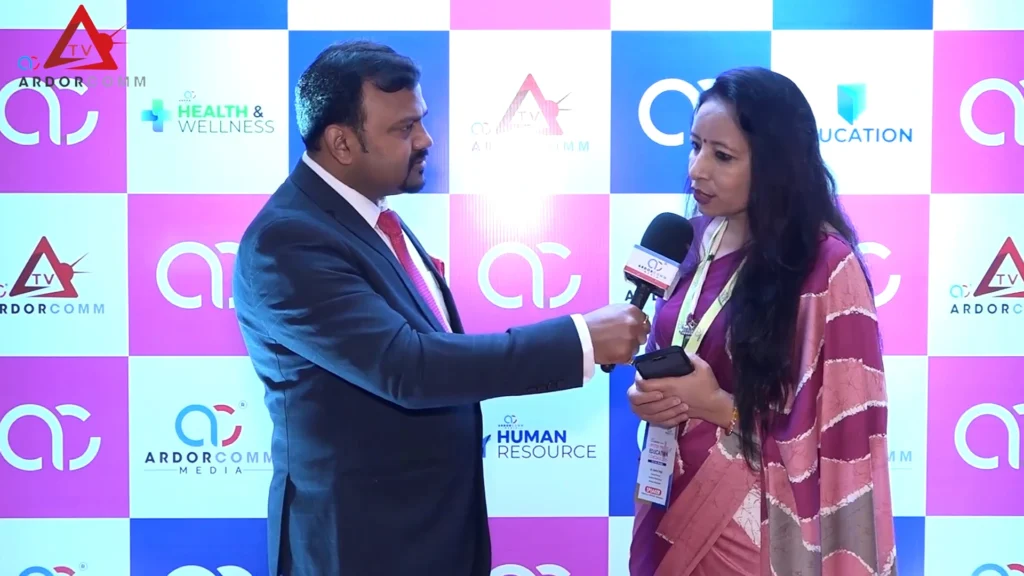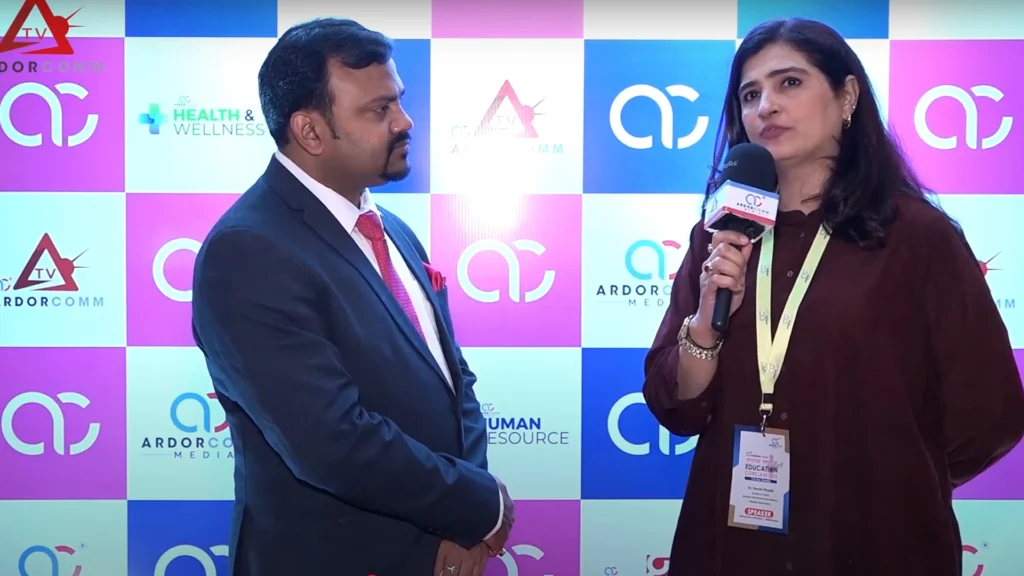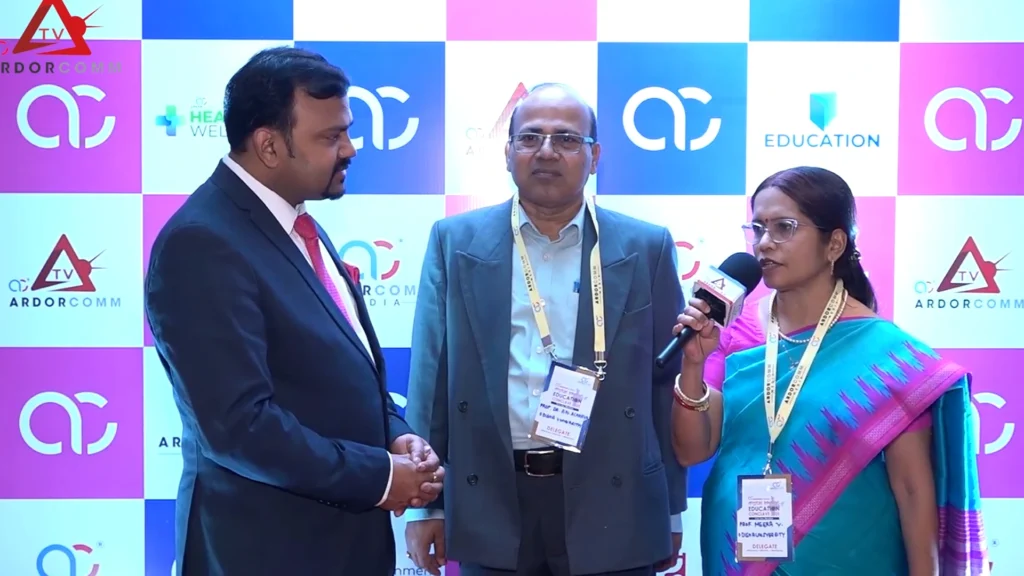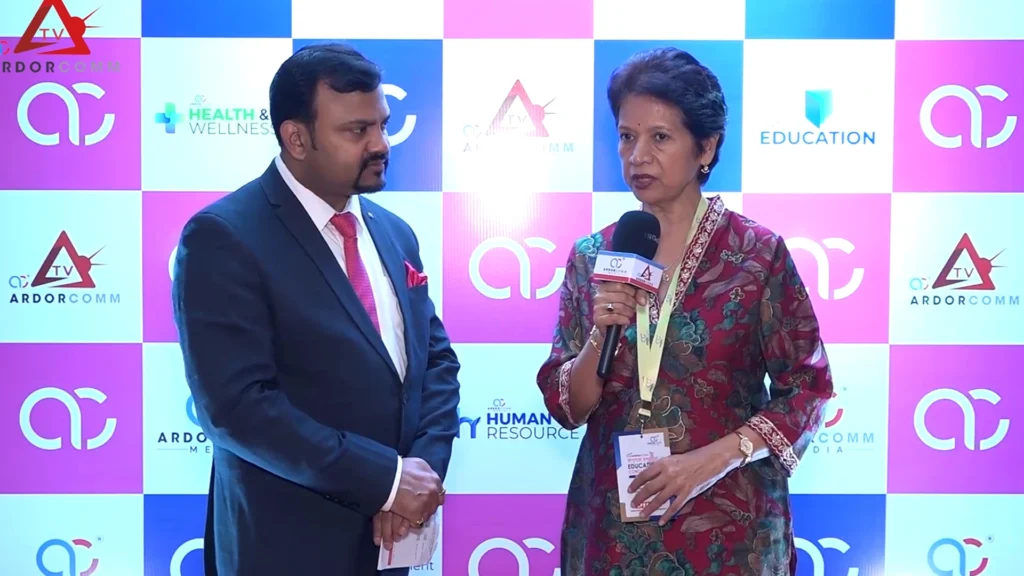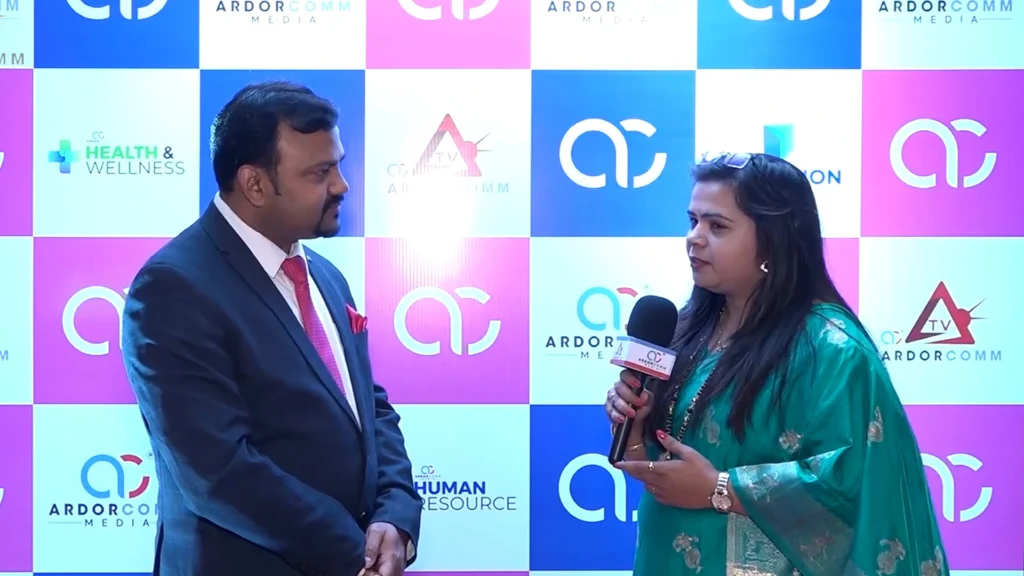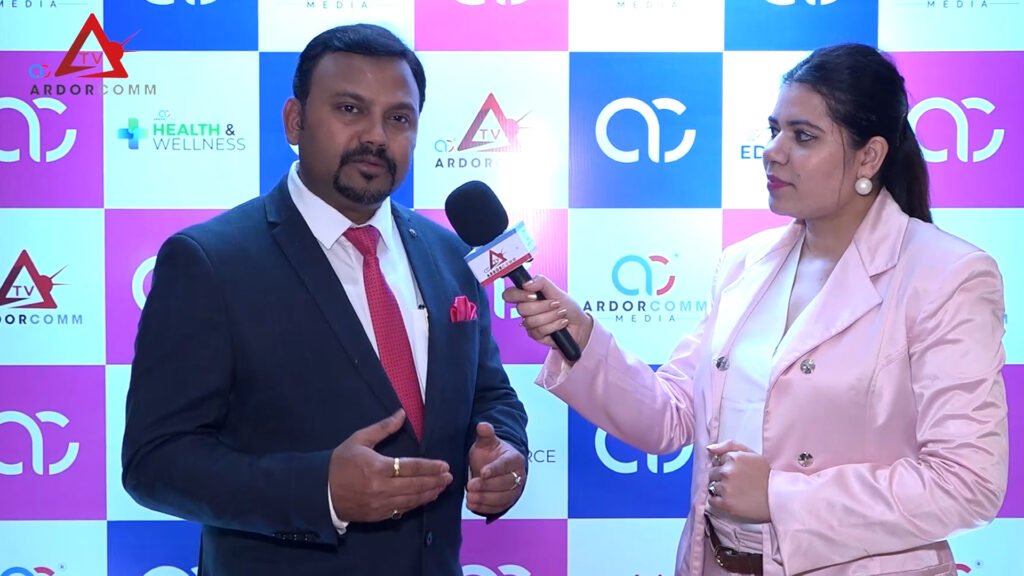“Empowering Education Through Innovation: Insights from Dr. Avijit Nair”
“Teacher capacity building is crucial. Until teachers are aware of the latest advancements, they cannot effectively teach students” said Dr. Avijit Nair Q: Can you share some insights into your institution, AIM Group of Institutions, and its initiatives? Akemi Group of Institutions is 11 years old. Founded by Dr. Abhishek Boke, we started with an MBA program and now offer BBA, BSc in Cyber and Digital Science, and a Junior College. To align with digital transformation, we’ve integrated AI components into our MBA program, launched an MDP program, and introduced certifications on AI and Metaverse. Our BSc in Cyber and Digital Science is gaining strong student interest, addressing the growing importance of cybersecurity. At the junior college level, we incorporate life skills training alongside academics. Q: What initiatives are you taking for teacher training? A: Teacher capacity building is crucial. Until teachers are aware of the latest advancements, they cannot effectively teach students. We conduct FDP programs where faculty from reputed institutions like IIM train our teachers on the latest innovations in their respective fields. Recently, we had a senior expert from the Bombay Stock Exchange train our faculty on financial literacy. I also personally conduct sessions on classroom delivery techniques because knowledge alone is not enough; how to transfer that knowledge to students is equally important. We consistently train, reskill, and upskill our teachers to ensure they stay updated. Q: How important is skilling in the 21st century? A: Skilling is essential. We are in an era of rapid transformation, where new technologies emerge frequently. A month ago, people were unaware of Diffusion 6, and today, it’s a trending topic. There are two aspects to skilling. First, students must be equipped with relevant future skills. Second, they must develop adaptability. Certain skills may become irrelevant in the future, but if students have adaptability and resilience, they can unlearn and relearn as required. Q: How do forums that bring together academicians, corporate players, and government representatives contribute to society? A: Such forums provide a collaborative learning opportunity. When academicians remain confined to their own institutions, their knowledge remains limited. By interacting with senior professionals from various domains, they gain exposure to best practices from other institutions. For example, educational trips to Finland help academicians learn about their education system. Though India’s demographic differences prevent a direct replication, the best practices can be adapted. Organizing such forums fosters knowledge exchange and collective growth in the education sector. Q: ArdorComm Media is celebrating its third anniversary. Do you have any message or suggestions for us? A: You are doing excellent work. The next step is scaling up by organizing more events on relevant topics, expanding pan-India and even internationally. Additionally, a vertical focused on training modules could be valuable. Since you have ties with many academicians, inviting experts to conduct training sessions for students could significantly benefit the student community.
“Empowering Education Through Innovation: Insights from Dr. Avijit Nair” Read More »

